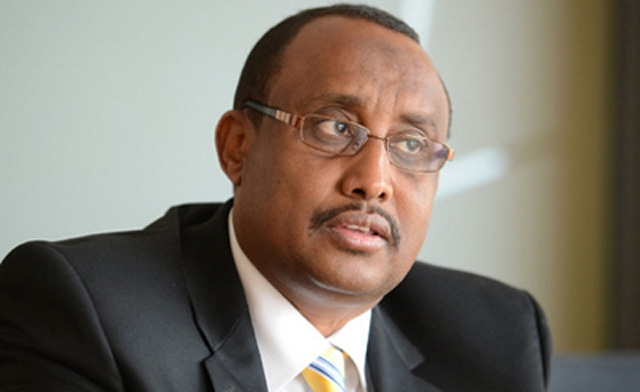CAIRO: During its assembly Sunday, Egypt’s upper house initially approved a draft of a judicial law, proposed by the government and currently being reviewed by parliament, reported Al-Masry Al-Youm on its front page.
The constitution gave the judicial authority all guarantees to a free and independent judicial system, said Abdel-Ahad Gamal, National Democratic Party representative in parliament, adding that the law proposal “should not be politicized.
According to Al-Masry Al-Youm, Gamal said that President Hosni Mubarak was “keen on supporting the judicial system and giving it its independence and that the parliament has thoroughly listened to leaders of the Judges Club and responded to their demands, “even though the Judges Club does not represent the sole judicial authority.
As the Judges Club raged in protest at the aforementioned proposed draft of the judicial law in their emergency assembly and through a sit-in at their headquarters, the Muslim Brotherhood announced their support of the judges’ cause during Sunday’s session. Both forces agree that the new law does not give the judicial system its independence and throttles their authority, as outlined in the Brotherhood statement.
The Muslim Brotherhood bloc in parliament has officially rejected the draft, saying the proposed law is trying to “play around the judges’ demands, the same demands that the entire nation is calling for, as quoted in their official statement passed by their upper house representative. The statement of the Brotherhood echoes the words of Mahmoud Mekki, judge and deputy to cassation court, who earlier told The Daily Star Egypt that “instead of fulfilling the judges’ demands, they [the parliament] play around them, adding that “there is malice; [and that] their intentions towards the judges are crystal clear.
Mekki, who blew the whistle on fraud and violations during last year’s presidential elections and received a disciplinary hearing for his actions, had expected that the parliament would support such a law, saying that “this is their plan and that at the end “they will do what they want to do.
According to Muslim Brotherhood sources, Alexandria’s general prosecution renewed detention for 16 Muslim Brotherhood members for the third time and released 11 others Monday. The members were rounded-up during chamber of commerce elections, in which Muslim Brotherhood affiliates were running.
According to the Brotherhood, police forces in the Mediterranean city had banned Muslim Brotherhood supporters and traders from voting and violently pushed them away from voting polls, where they had established a cordon. Police arrested around 27, mostly voters-to-be.
Also making the news are discussions concerning the sale of Bank of Alexandria.
Thirteen European, Arab and Egyptian financial institutions are expected to submit their technical valuation for buying a 75 percent to 80 percent stake in Bank of Alexandria (BOA) by the end of the first week in July. They will also submit their preliminary financial bids to the Central Bank of Egypt (CBE) in four to six weeks time. Accordingly, bidders will be short-listed and the winner will be announced by the end of next November.
Currently, the banking sector is at the center of the new government’s reform agenda and is expected to witness further privatization as part of a five-year reform plan for the banking industry that began two years ago, according to an Egypt National Investment Reform Agenda workshop that was held in May 2006. The overhaul of the banking industry, which represents around 80 to 90 percent of the total Egyptian financial sector, is due to the fact that the industry is not performing as efficiently as it could. Profitability has been about 0.5 percent on assets over the last years; non-performing loans officially exceeded 20 percent of total loans in 2004 and less than two thirds are provisioned.
To date, while the state’s shareholdings in 12 out of 17 joint venture banks have been sold, including 33.8 percent in Egyptian American Bank (EAB) and a sale of MIBank, the privatization of the banking sector has been slower than the overall progress of the privatization process.
The sale of state-owned banks was first forecast for 1998, when the banking industry was dominated by four state-owned banks that accounted for 80 percent of commercial deposits in the country. Yet, as of 2005, more than 60 percent of the market was controlled by the state, through direct ownership or participation.

